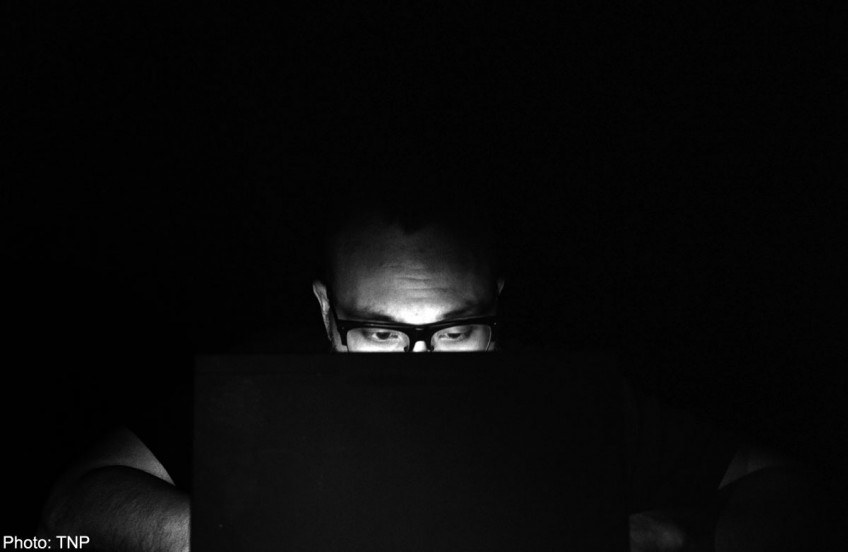Goodbye, illegal downloads?

Internet users in Singapore who download pirated digital content like music or movies may soon lose access to sites like The Pirate Bay and KickassTorrents.
Such websites could be blocked in as early as three months, after a law was beefed up this week to protect intellectual property.
The amended Copyright Act, which is expected to come into force at the end of next month, allows content owners like cable TV networks to seek High Court orders to get Internet service providers (ISPs) to block websites that "clearly and flagrantly infringe" copyright.
Lawyers said if website owners do not contest the applications, the courts could take just two months to order the likes of SingTel and StarHub to block the objectionable sites. The ISPs are required to comply immediately.
The opening salvo could come from the International Federation of the Phonographic Industry, which represents more than 1,000 producers and distributors of sound recordings.
Its regional director for Asia, Mr Ang Kwee Tiang, said: "Given that the legal and economic interests of our members have been adversely affected for the longest time, we do intend to commence the application as soon as the law and the accompanying implementing rules are brought into force."
He would not disclose the targeted websites but said they will be limited to those engaging in "blatant infringement activities". The Straits Times understands that industry groups are also preparing court applications on behalf of motion picture firms and cable TV networks.
No timeline has been given.
Before the revised law, content owners can request only that ISPs block pirated content. They can sue the providers for copyright infringement if they do not comply. But this could mean months of litigation, so no content rights holders have tried it.
Some ISPs wonder about the implementation of the new law. For one thing, it is not known if the courts would specify the blocking mechanism by domain names such as piratebay.se, or Internet protocol (IP) addresses, which are numerical labels that determine a website's location.
Blocking domain names is seen by some providers to be less of an administrative hassle compared with blocking IP addresses. This is because piracy websites may be hosted at several locations, and as such, have several IP addresses. Some piracy websites also constantly change these addresses or locations as new mirror sites pop up.
"Domain name blocking requires less network resources and has a less likely chance of over blocking," said chief executive officer Malcolm Rodrigues of broadband service provider MyRepublic. "Over blocking" occurs when legitimate websites using the same IP addresses as piracy sites are also blocked.
SuperInternet managing director Benjamin Tan agreed. "Some websites constantly change their IP addresses. Must ISPs monitor them hourly or monthly?" he wondered, adding that it would be "extremely onerous" to do so.
Lawyers said ISPs are unlikely to recover the cost of blocking piracy websites under the new law.
Meanwhile, StarHub and M1 have said they will comply with "any valid court order". While supporting the fight against piracy, SingTel said it will also ensure that access to legitimate sites is not affected and "there is no degradation in service quality".
Some people remain unfazed by the tougher action against digital piracy. Said an engineer, 38, who wants to be known only as Mr Low: "Torrent sites that let users share files easily always move their locations: they can be in Europe this month and another location the next. Mirror sites always appear to host the torrent files. An ISP cannot block and keep track of these changes."
itham@sph.com.sg

This article was first published on July 11, 2014.
Get a copy of The Straits Times or go to straitstimes.com for more stories.